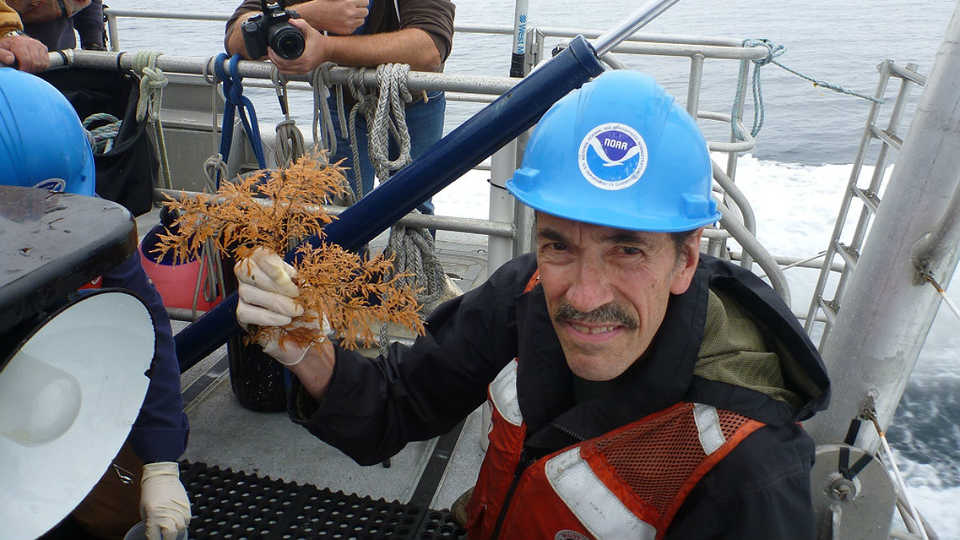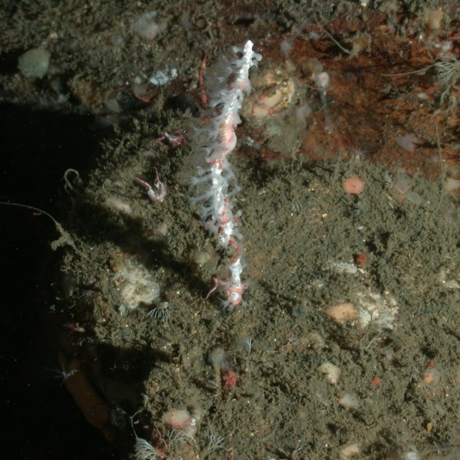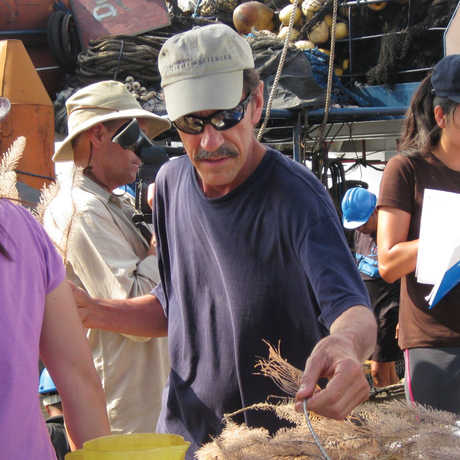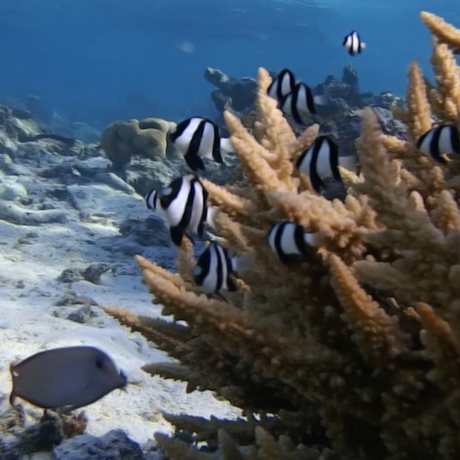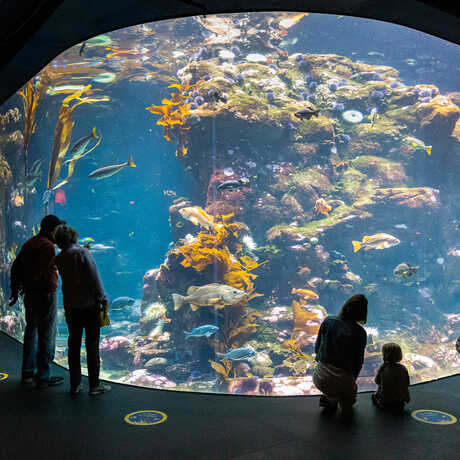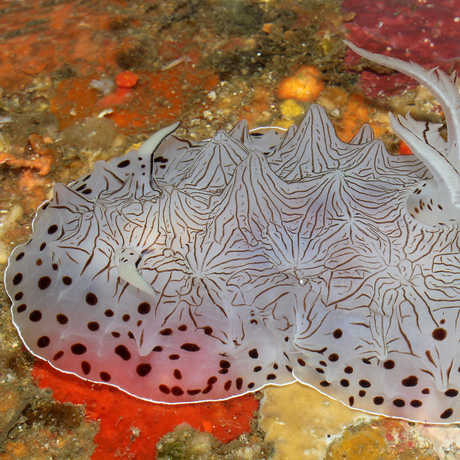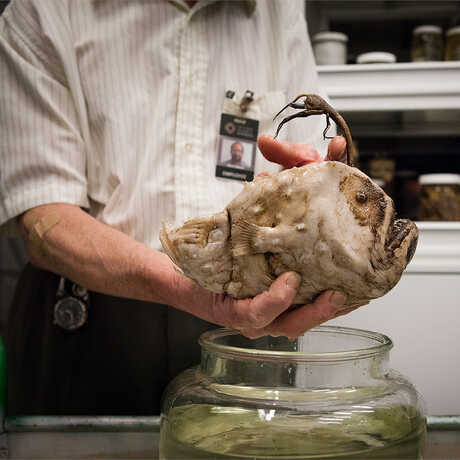The decision to become a scientist came early for Invertebrate Zoology and Geology Emeritus Curator Gary Williams, but what field to go into was a harder question. “Astronomy, astrophysics, marine biology—which way are you gonna go?” Williams says, throwing up his hands with a laugh. “But then my high school biology teacher started taking us to local tide pools,” he says, “and that decided it.” Today, Williams is one of the world’s experts on octocorals, deep-sea corals, and coral reefs, having discovered more than 100 species—and 20 genera—along the way.
Williams’ career has been defined by fieldwork, a scientific tradition he fell in love with during a six-month backpacking trip that followed the travels of famed naturalist Charles Darwin—a journey made more than a century earlier. In the process of following Darwin’s route (as described in his 1839 book Voyage of the Beagle) through Patagonia and surrounding areas, Williams found that “the whole idea of being a field biologist made so much more sense, because when you’re out in the field seeing how things live and are oriented in the environment, it gives you a whole different perspective. I became a much better biologist while traveling in South America and Africa.”
Darwin wasn’t the only English naturalist Williams was reading at the time, and from Darwin, Henry Walter Bates, and Alfred Russell Wallace, “I learned so much about keeping careful daily notes in the field,” he says—“about the importance of sketching and recording everything you see.” It’s a habit Williams maintains to this day, and one he encourages in the Academy’s scientific illustration interns, who study as part of the Summer Systematics Institute.
